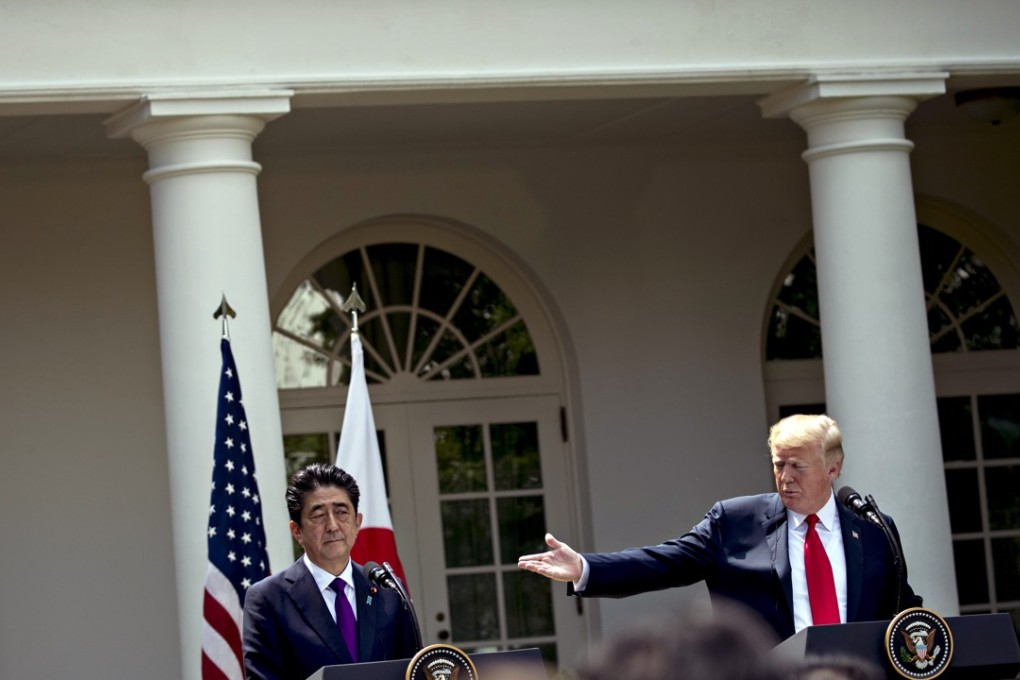Bank of Japan’s attempt at reflating the economy is getting trumped by US trade war threats

In his 63 months helming the Bank of Japan, Haruhiko Kuroda has run into many an obstacle: frugal consumers, testy politicians, skittish corporate executives, assertive currency traders. But the mercurial US president may trump them all.
It’s not like Governor Kuroda’s historic easing programme was gaining great traction when Barack Obama was in office. Even today, inflation is, at best, halfway to Tokyo’s 2 per cent target.
But 513 days of the Donald Trump administration are proving to be quite a downer for the BOJ’s policy quest.
Kuroda didn’t blame Trump on Friday, when the BOJ left interest-rate policy on hold. But the US leader’s bluster was written between the lines in bold font.
Take the about-face Kuroda made between early April and Friday. Back then, Kuroda was floating trial balloons about exiting the BOJ’s quantitative-easing experiment. By June 16, though, Kuroda’s 180-degree turn away from withdrawing stimulus was complete. The BOJ even scaled back its inflation view yet again - to as low as 0.5 per cent.
Among the biggest changes in the global environment informing that view change: Trump’s currency and trade policies.